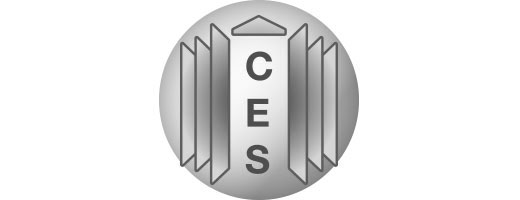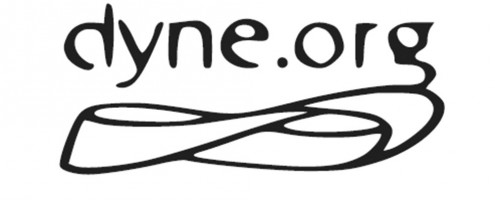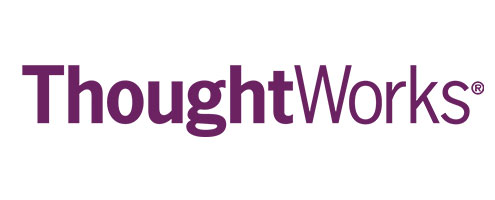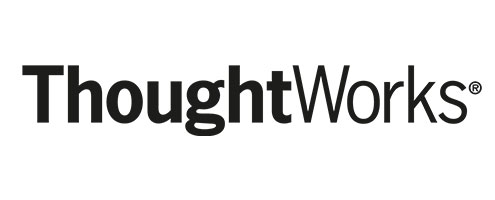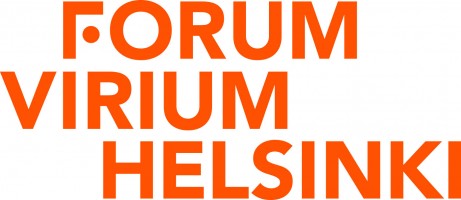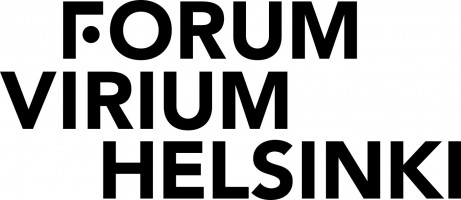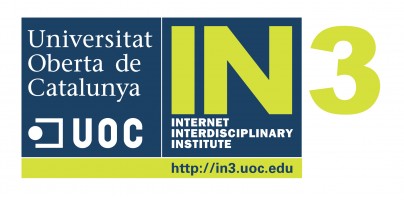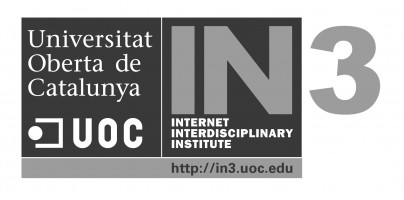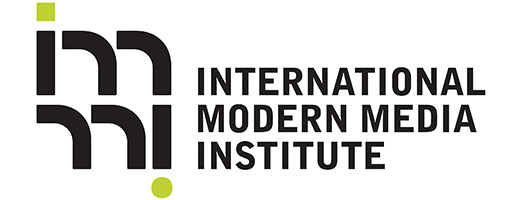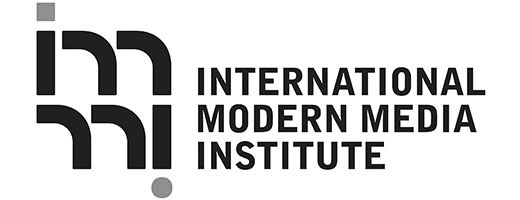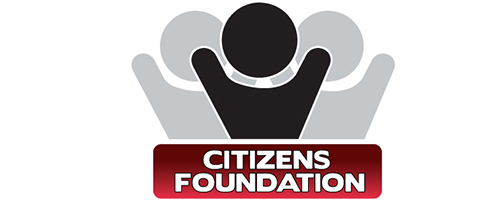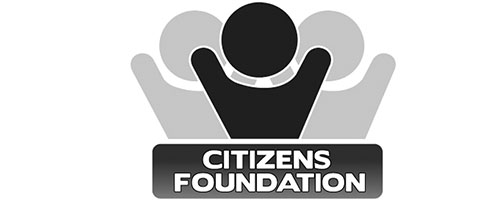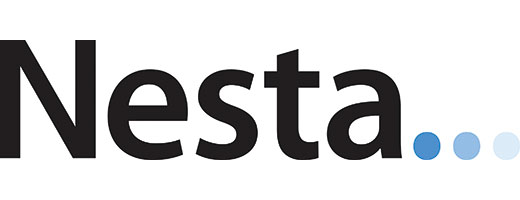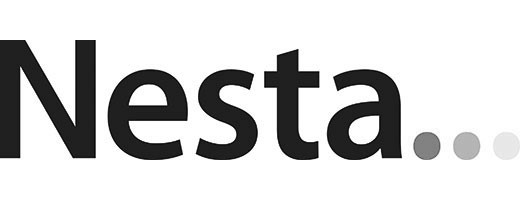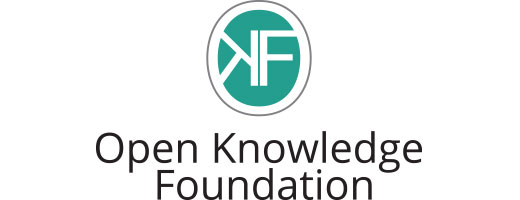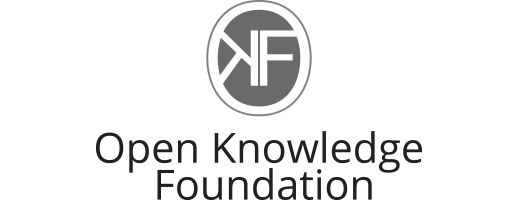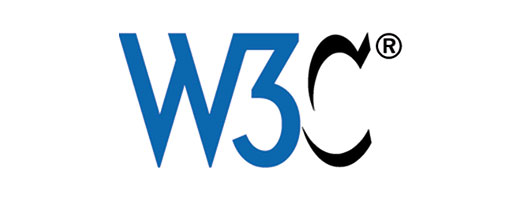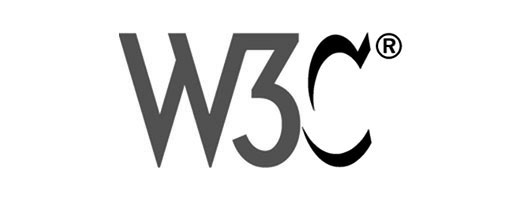The Networked Citizen Activism in Helsinki
The D-CENT team was on location in Helsinki in the first week of March. The objective was to understand the Finnish context i.e. what kind of issues are active citizens facing when trying to self-organize and coordinate actions. The days were packed with user interviews with people behind citizens initiatives, citizen activists, municipal politicians, members of parliament and civil servants from different ministries and the city of Helsinki.
It became evident to the international research team, that Finland is well positioned for adopting new tools for citizen engagement. The public administration is actively looking for new ways to enable participation, not only top-down (e.g. new forms on online public consultations) but also bottom-up, which is what D-CENT is looking to enable.
Tying the bottom-up grass-roots citizen campaigns into existing decision-making processes is crucial. Active communication, dialogue and cooperation between civil society representatives, public administration and politicians are needed to reform the policy-making processes in an evolutionary manner. Open Knowledge Finland, Open Ministry and the Open Government Partnership have recently helped to establish a new network of cooperation and trust between all parties involved.
Intensive interviews
Some of the findings from the user interviews in Finland indicate that tools for coordinating action, internal task management and document management among the core group of campaigners might be needed. While Facebook has enabled a level of unforeseen networking and pace of sharing information and messages, it is not ideally suited for planning and coordinating action. Google docs and etherpads are widely used for real-time co-editing of documents and Trello is picking up adoption for managing tasks among activists working on a shared project.
Based on the interviews the D-CENT team will next be coining hypothesis and testing them out with rudimentary software solutions (minimum viable products). We want to see what kind of solutions we can find to fix the practical problems or obstacles users are currently experiencing. Some of these solutions may end up being a part of the D-CENT toolkit that will be opened to the public later this year.
Citizens’ initiatives – the newest constitutional right in Finland
Creating better solutions for people who want to come together on a citizens’ initiative is the main pilot use case in the Finnish context. Since the latest constitutional citizen right came in to force in March 2012, six initiatives has succeeded in gathering the required 50 000 signatures (i.e. 1,2% of the voting population). The online signatures via electronic bank id or the mobile phone with a verified SIM card make collecting the required support much cheaper. It also levels the road for true grass-roots initiatives to act, since they no longer are dependent on the funding and resources of established organizations.
The other notable difference between online petition and initiative models in different countries is that if the citizens initiatives are written in a law format they are, in fact, given the same parliamentary process as law proposals from the government. In most online citizen engagement models, the national level petitions or initiatives merit a written response from the administration and/or some form of public discussion by the politicians – but typically not a full-fledged parliamentary proceeding.
Open Ministry is a non-profit volunteer organization that has been involved in five of the initiatives that have reached the threshold meriting parliamentary procedure. Its mission is to protect this new constitutional right but also to be an independent non-partisan that helps anyone who wants to create crowd-sourced law proposals and the campaigns. Too often enthusiastic citizens ignore the need for a well-prepared and resourced campaign before launching their proposal into the public. The six months that the law allows for collecting the support runs out quickly, if a plan is not in place beforehand.
Joonas Pekkanen is an Open Democracy Expert at Forum Virium Helsinki (D-CENT partner) and the founder of the civil society organization Open Ministry.



